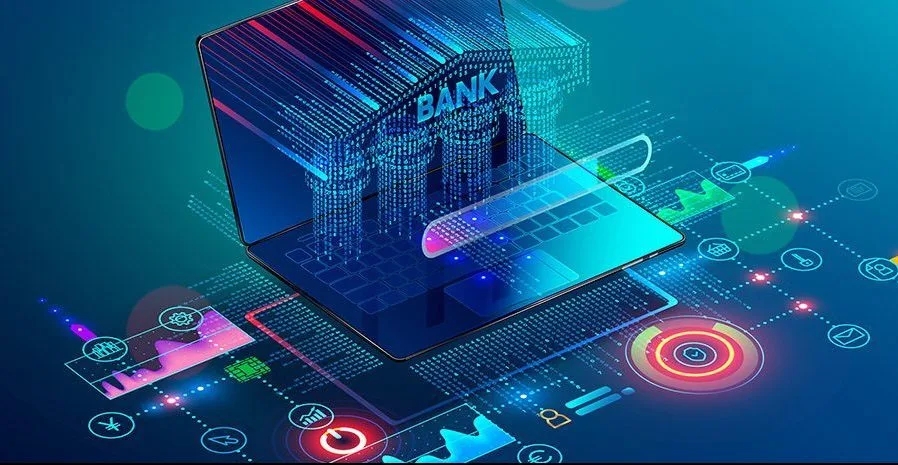The Managing Director of Sofri, Mr. Paul Adebayo, has identified the lack of reliable data as a major hurdle to credit access in Nigeria.
Adebayo, who stated this during Sofri’s relaunch media parley held in Lagos, noted that without a robust data ecosystem, the financial sector will struggle to scale inclusive lending products.
According to him, the credit industry in Nigeria suffers from limited and low-quality data, which hampers the ability of lenders to assess risk and design effective credit products.
GSI deployment
He, however, noted that the recent moves by the government to promote the deployment of Global Standing Instruction (GSI) will encourage financial institutions to push out loans and deepen financial inclusion.
GSI is a policy framework by the Central Bank of Nigeria that enables lenders to recover loans from any account linked to a borrower’s BVN.
“With GSI, if I give you a loan and you move your salary to another bank, I can still retrieve repayment as long as it is tied to your BVN. That is a game-changer for credit recovery and risk reduction,” Adebayo said.
AI and social credit
Adebayo also revealed that Sofri is integrating artificial intelligence and machine learning into its lending decisions to better assess borrowers, especially in the nano and payroll lending segments.
“We are big on public sector lending, and if you work in a private company or run a business, you can get a private loan. But we’re also expanding nano loans to meet urgent needs of N2,000, N5,000, or N10,000,” he said.
To assess such borrowers, he said Sofri considers a broad range of alternative data points beyond just salary or employment history.
“You and someone else might earn the same and work at the same place, but your credit behaviours are different,” he explained.
Using machine learning models, Sofri now evaluates variables such as phone usage, location, education, and lifestyle patterns.
These inputs help the company assign credit scores even in the absence of a formal banking history.
In a notable twist, Adebayo disclosed that Sofri is exploring the use of social media metrics as part of its credit scoring model.
“If you have 10,000 followers on Instagram and I have 2,000, the probability that you will default is lower, because your social capital is higher,” he said.
- This “social credit” system would assess borrowers’ online presence and reputation as indicators of trustworthiness and potential default risk.
- Sofri’s renewed strategy, according to Adebayo, is aimed at reducing exclusion in the credit market by leveraging data analytics and digital footprints to widen the pool of bankable individuals.
“By playing with these data sources, credit bureau, mobile data, AI, we are not only reducing default risk but also expanding credit access to people who would typically be excluded,” he added.
What you should know
The fintech firm’s approach reflects a growing trend among digital lenders in Nigeria, who are turning to alternative data and advanced analytics to reach the over 38 million financially excluded adults in the country.
- Speaking in a recent interview with Nairametrics, the CEO of Nigeria Consumer Credit Corporation (CREDICORP), Uzoma Nwagba, had also pointed to inadequate regulation as the bane of the Nigerian credit industry.
- According to him, only 13% of Nigerians have a record with the credit bureaus, thus making it difficult for financial institutions to push out loans to Nigerians.
- He, however, noted that the CREDICORP and the CBN are currently working to review the credit reporting regime in Nigeria and will soon come up with an executive bill to address current issues.

















